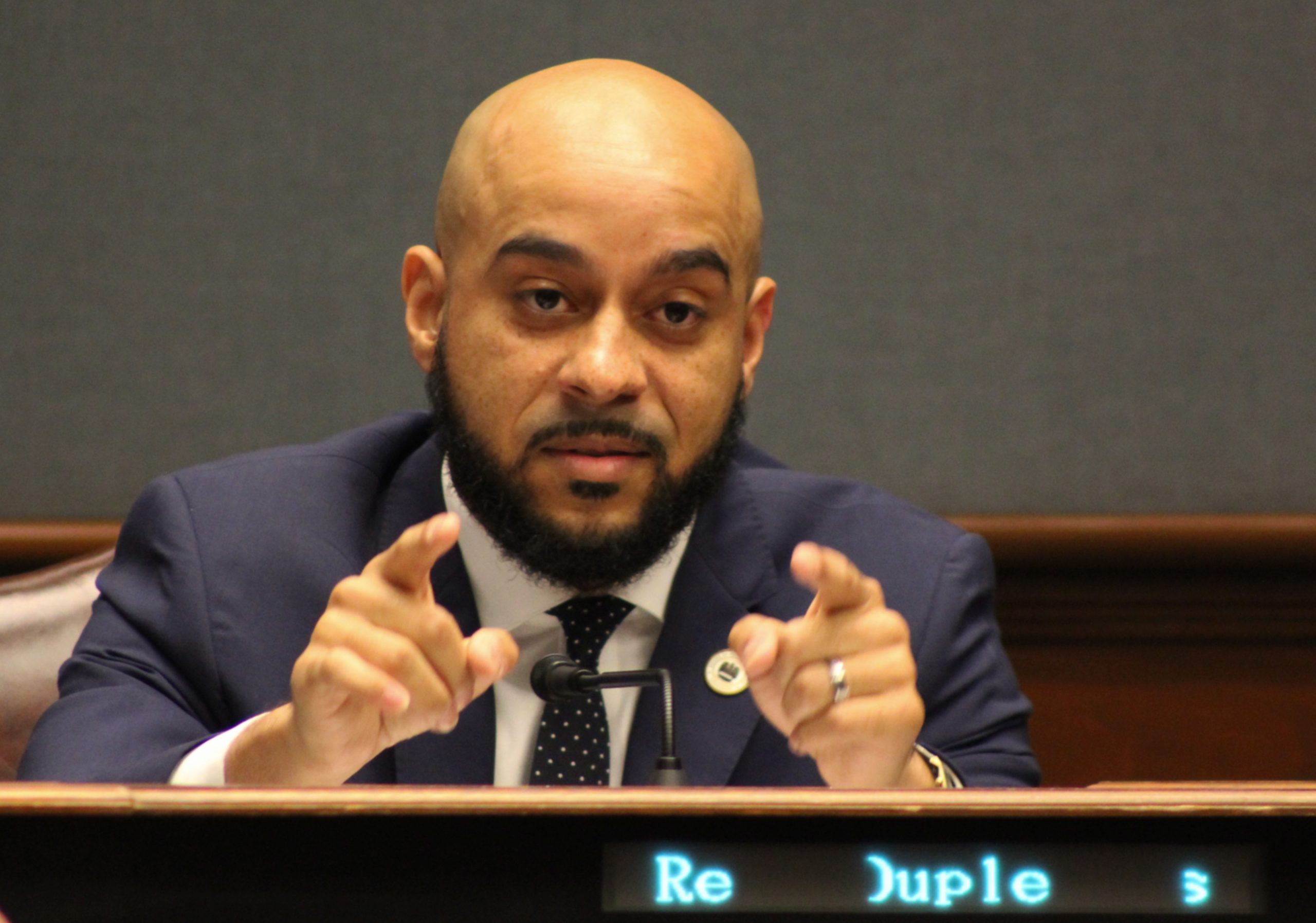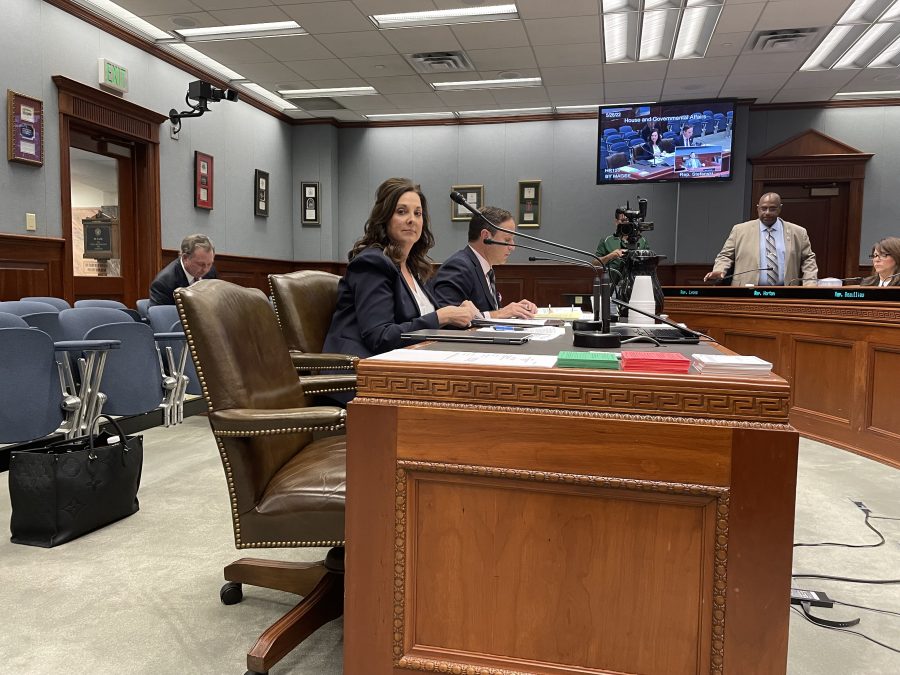
Lawmakers consider bill to ease the expungement of criminal records
June 1, 2022
Gov. Edwards Vetoes Two Bills from 2022 Regular Legislative Session
June 1, 2022By Piper Hutchinson, LSU Manship School News Service
BATON ROUGE–The House voted 59-39 Tuesday to pass a bill that would prohibit former juvenile offenders from possessing firearms until they are 24 years old.
Senate Bill 379, sponsored by Sen. Barrow Peacock, R-Bossier City, would prohibit former juvenile offenders who have been adjudicated for a crime of violence from possessing firearms until then.
The House amended the bill, which was carried on the floor by Rep. Debbie Villio, R-Kenner, to remove a provision that would have allowed the former offenders to possess guns to hunt.
Rep. Joe Marino, I-Gretna, argued that the bill is unconstitutional, as juveniles are not convicted by a jury, but rather adjudicated solely by a judge.
“In an adult proceeding, you have the right to a jury trial,” Marino said.
Villio argued that the distinction is not important in determining legality, pointing to a similar law that Florida has enacted.
Marino was not impressed by this argument.
“Florida does a lot of things differently that we don’t do,” Marino quipped.
Marino also pointed to a Louisiana Supreme Court case in which the court ruled that a juvenile adjudication could not be considered a prior conviction that could be used for enhanced sentencing because minors are not actually convicted.
“Even though it’s for good intention, we still can’t do this,” Marino argued. “The juvenile system is designed differently, designed to be rehabilitative, so you can’t use two different things, put them together and say that now you can use your juvenile adjudication as a prior offense.”
Other legislators raised concerns about whether the bill would be retroactive, arguing that it would not be fair to former offenders who pled guilty or were adjudicated as such not knowing the potential consequences.
Villio assured them that the bill could not be applied retroactively.
Rep. Jean-Paul Coussan, R-Lafayette, moved to return the bill to the calendar, which would have effectively killed the bill for the session.
The motion to kill the bill failed on a 41-57 vote.
After that motion failed, Rep. Barry Ivey, R-Central, took to the floor to oppose the bill.
“I believe we all agree that to take away an individual’s rights, particularly those constitutionally protected rights, is not an insignificant event,” Ivey said. “For individuals who are adjudicated through the criminal code, that process is very clear and there’s also a trial by jury that the individual has every right to have. None of that process exists in the children’s code.”
While Ivey did not oppose the intent of the bill, he argued that to do it legally would require amending the criminal and children’s code, as well as a possible constitutional amendment.
The House then passed bill, sending it back to the Senate for concurrence on amendments.








